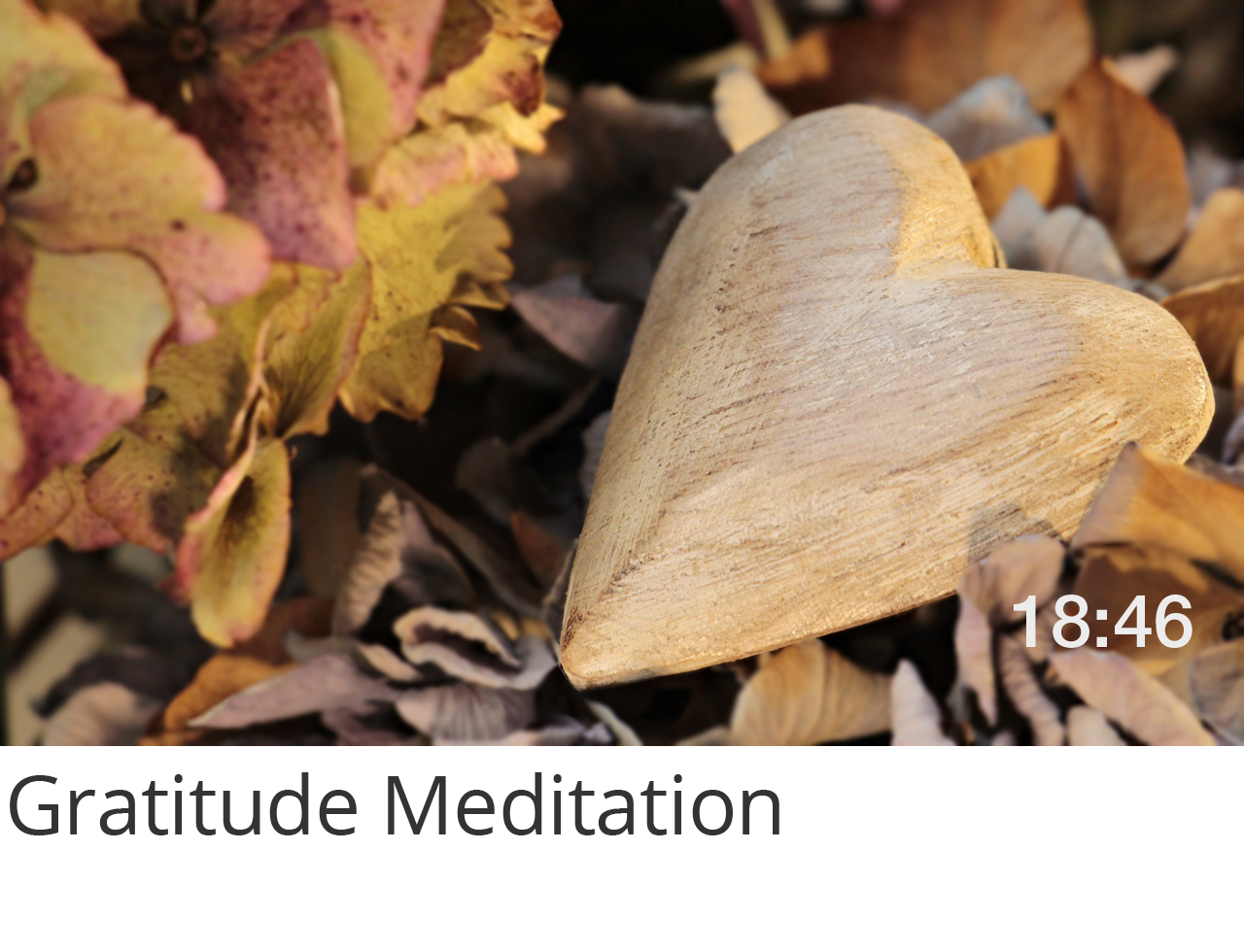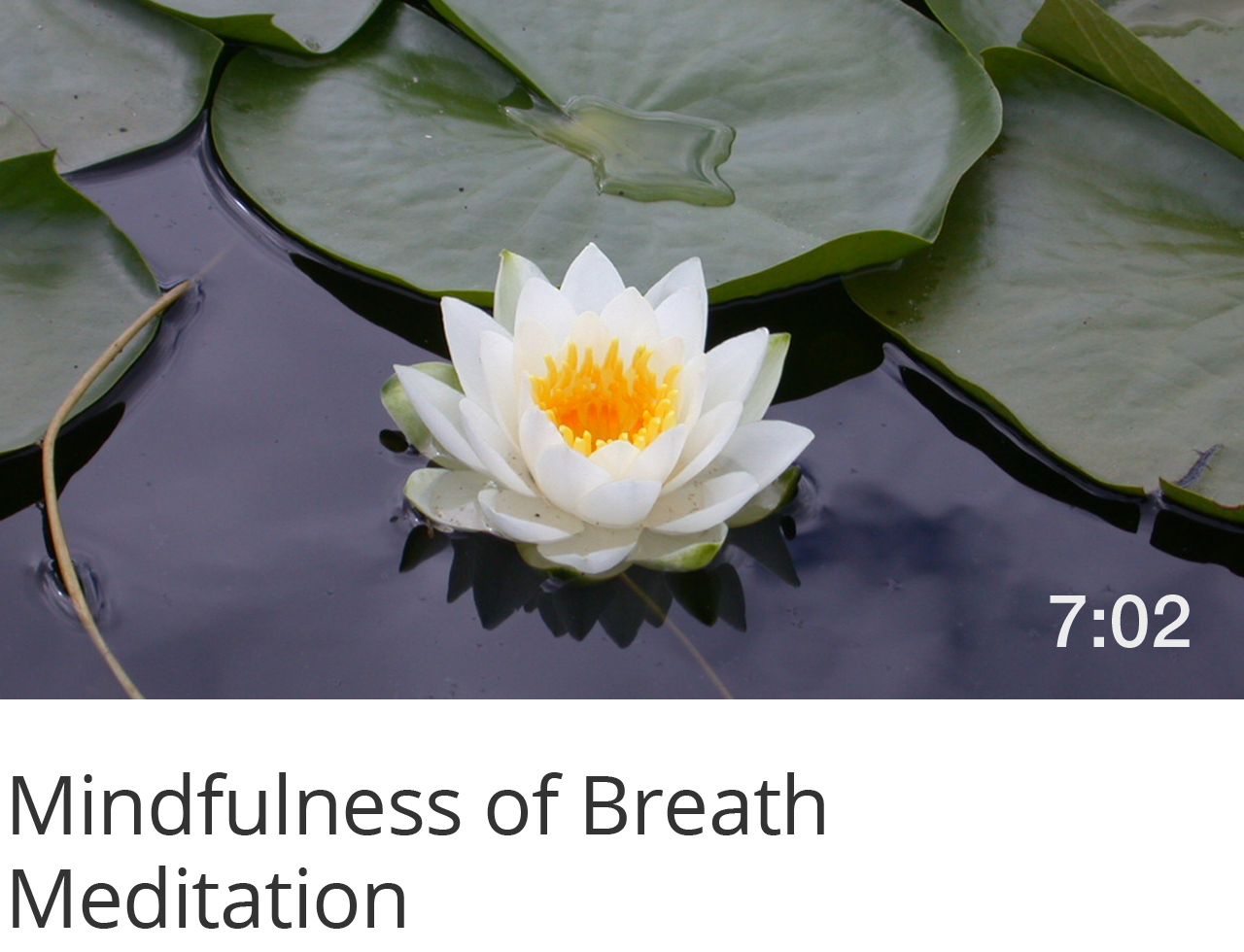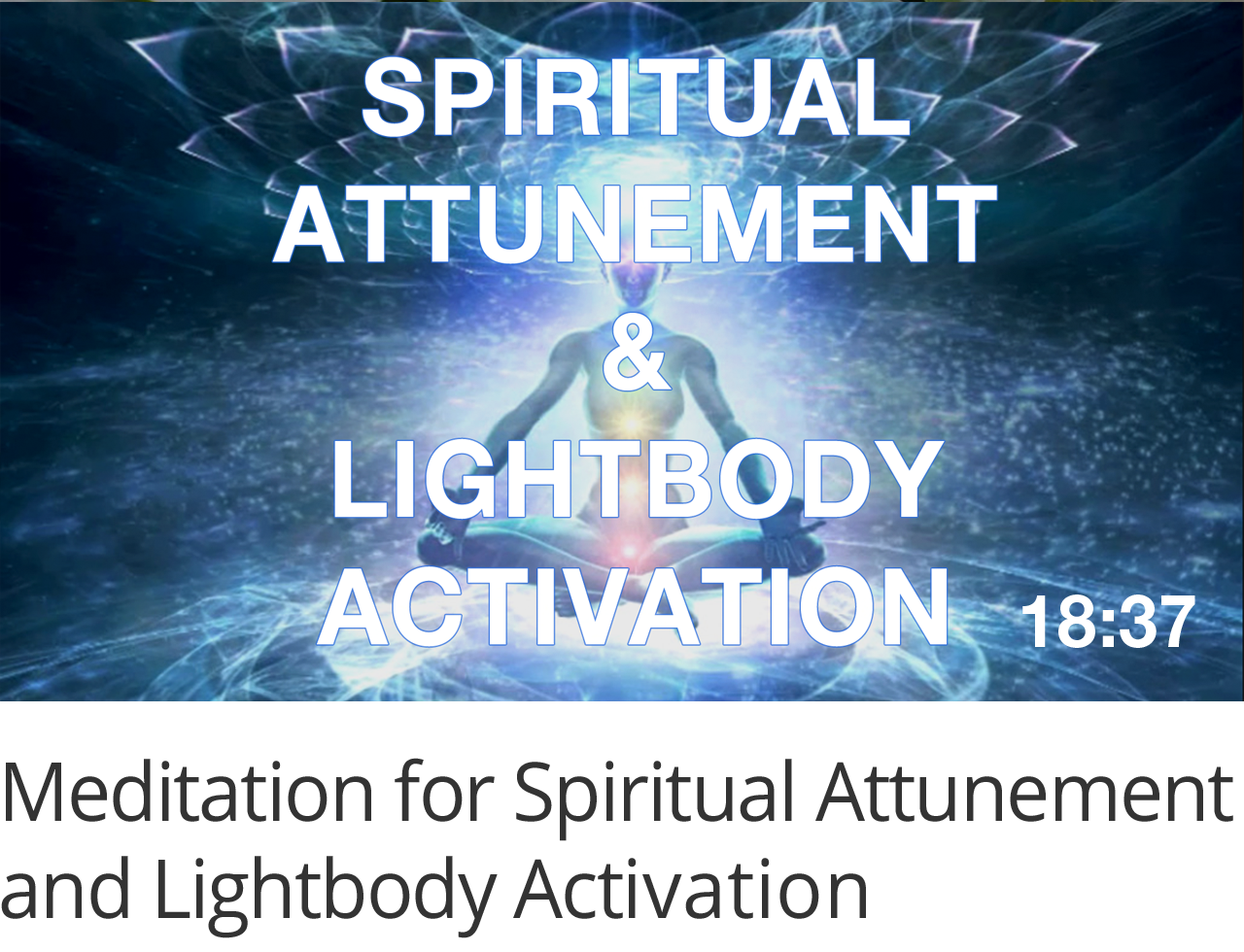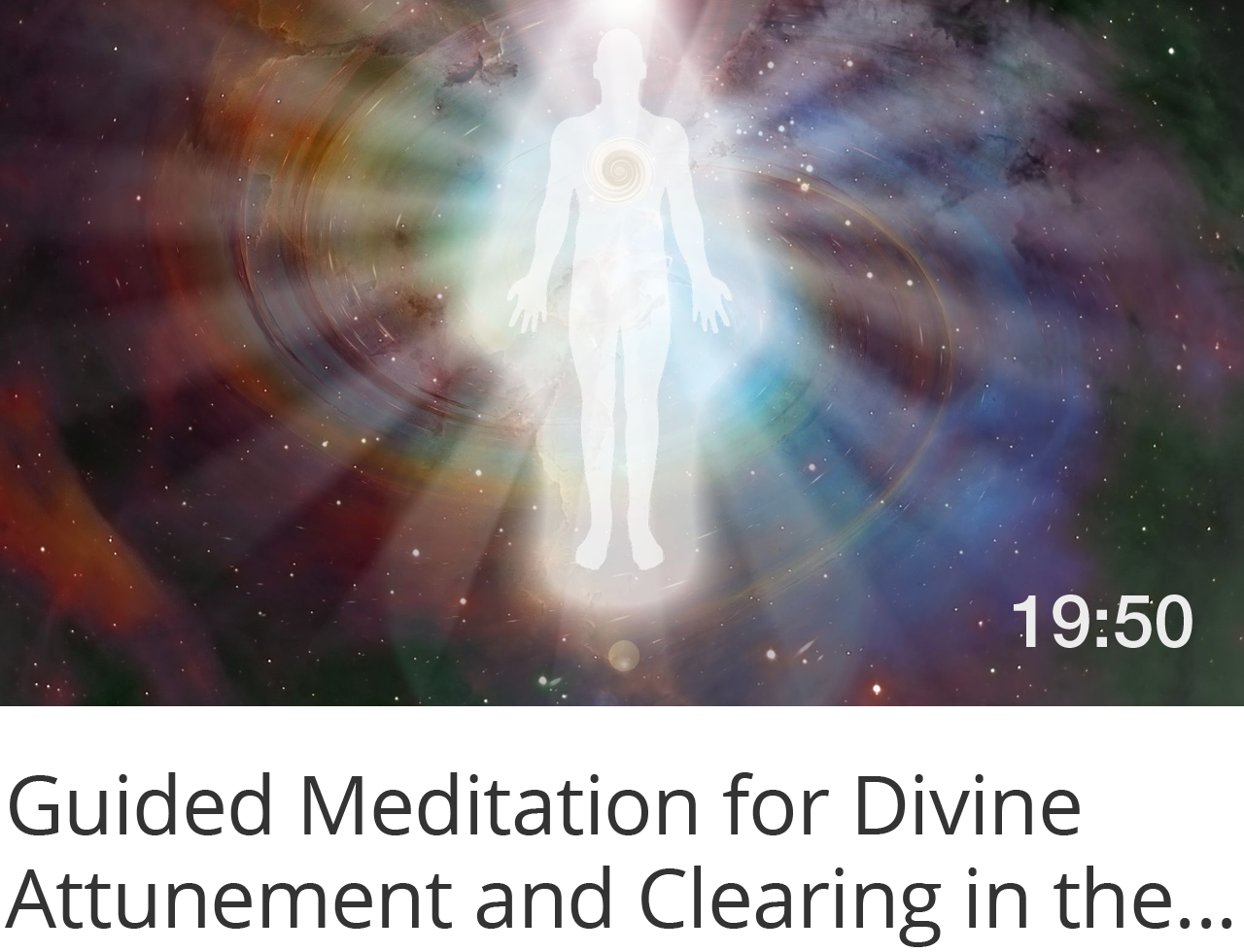Many studies have revealed how mindfulness—the practice of consciously directing our attention in the present moment without distraction or reactivity—reduces stress and improves the quality of life of people suffering with a wide range of illnesses ranging from asthma to ulcerative colitis.
Many illnesses and their flare-ups can be triggered by episodes of stress and poor lifestyle choices. For example, ulcerative colitis, a chronic inflammatory bowel disease that currently has no medical cure, is subject to flare-ups that may be caused by stress. The practice of mindfulness can be used to treat and manage illnesses such as ulcerative colitis that currently have no medical cure and and that have limited benefit from medication. Furthermore, mindfulness has no side-effects except those of greater wellness and increased self-development!
In a randomised controlled trial of mindfulness-based stress reduction to prevent flare-up in patients with inactive ulcerative colitis, researchers at Rush University in Chicago recently found that mindfulness was effective in lowering stress and in preventing the characteristic drop in quality of life among sufferers of this disease.
How Stress Effects Us
Stress has a big effect on us. It provides us with the motivation for change and resolution when we are in difficult situations, known classically as the “fight-or-flight response”. But on the negative side, stress can impair our quality of life, decision-making, memory, and productivity, and can raise blood pressure, suppress immune response, and increase weight gain. Stress is also implicated in depression and mental illness. It therefore makes sense to utilise effective tools such as mindfulness for lowering stress and lowering our risk of developing stress-related diseases, including heart disease.
How to Practise Mindfulness
So how do we practise mindfulness? When we hear such terms as mindfulness-based stress reduction in the media, mindfulness can sound a bit daunting to learn and practise, when in fact it isn’t in its most simple form. Mindfulness may be part of many different health programmes and approaches, which include MBSR, but when it comes down to it, mindfulness is really just about being more fully present and bringing our attention back to the present moment where we are most ourselves and most resourceful. We can all do this without needing to go on courses.
Mindfulness can begin with taking some deep breaths. This triggers the nervous system to slow our heart rate, lower our blood pressure and decrease our cortisol levels. Then we can focus our attention on our breath as we breathe in and out. If our mind wanders, that is okay, we simply bring our attention back to our breath. Gradually we can extend our awareness to more and more of the present moment, which is the place of being, where we are most alive, and most in touch with our true self.
Bringing our attention back to the present moment with mindfulness releases our fixation on the past and the future, and releases our attachment to compulsive thoughts that can drain our energy, limit our choices, and raise our stress levels. Being in the present moment, free of attachment to the contents of our mind also puts us in our most resourceful and productive state since we can then choose our thoughts and feelings, rather than drift into them automatically or unconsciously.
For more on Mindfulness and Health, read my posts The Health benefits of Mindfulness and 9 Causes of Health and Illness. For a guided meditation for stress-reduction, read my post A Meditation to Find Your True Self and watch my YouTube video A Meditation to Find Your True Self.
Next step: book an Inner Wellness Guidance Call to dive deeper into what has been discussed and how it relates to you overcoming your life challenges and turning the corner of your life.
Related Posts:
The Health benefits of Mindfulness
9 Powerful Benefits of Mindfulness
9 Causes of Health and Illness
Spiritual Health
A Meditation to Find Your True Self








I liked the way you simplified the process. Thanks